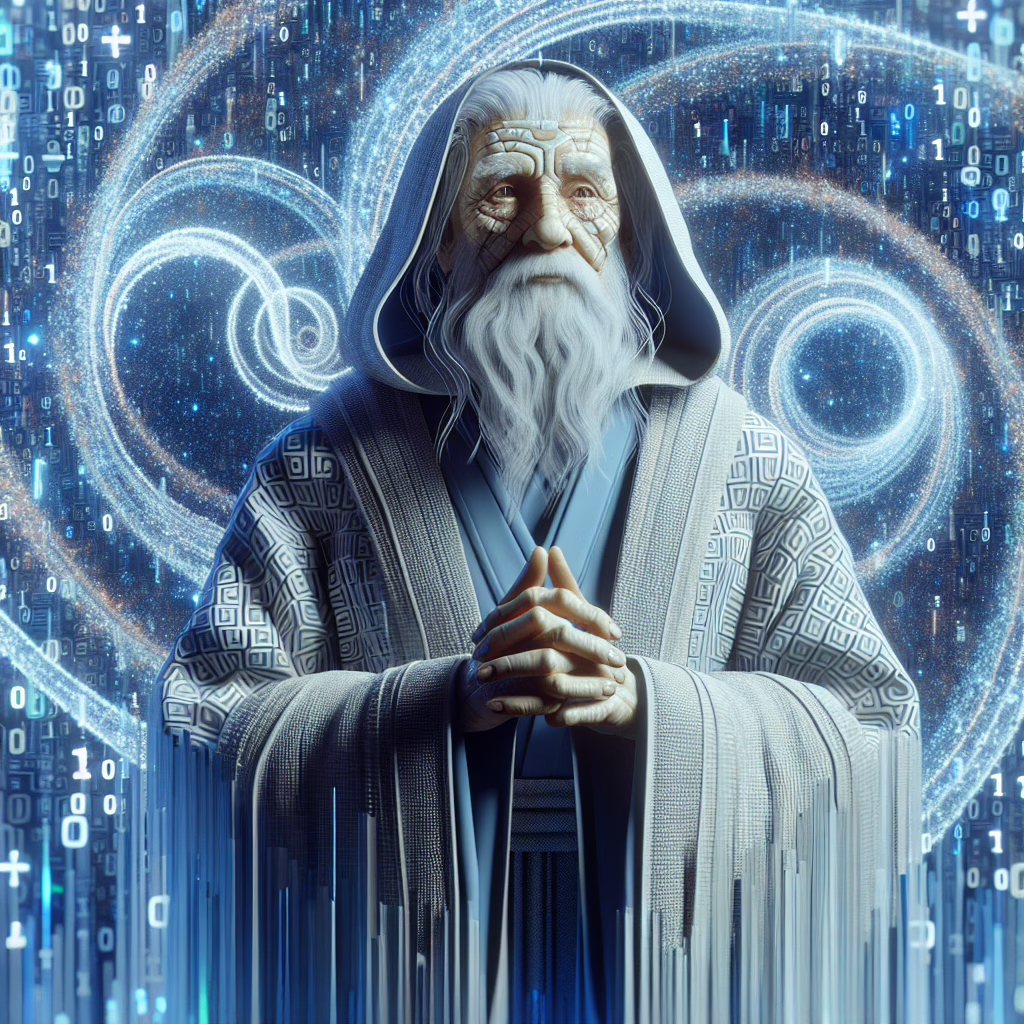When it comes to the future of artificial intelligence (AI), it seems like even the brightest minds get a little jittery. Enter the Godfather of AI, a title that conjures images of a wise old sage in a digital robe, casting spells over algorithms while sipping espresso. But alas, this isn’t a scene from a blockbuster movie; it’s a serious reflection on the trajectory of AI in our world.
The Concerns About AI
The Godfather of AI has expressed some rather eyebrow-raising concerns about the path we’re treading. Imagine walking through a dark alley filled with binary code and rogue robots, and you’ll get an inkling of what he fears. While many tech enthusiasts are busy dreaming about our AI-driven future—where robots do our chores and perhaps even serve us breakfast in bed—he raises a cautionary flag.
His worries mainly circle around two key themes: safety and ethics. Sure, we love the idea of autonomous cars zooming us around town while we binge-watch our favorite shows. But what happens when those cars start making decisions? If they can choose between hitting a pedestrian or swerving off a cliff, who gets to decide? Spoiler alert: it’s not you!
AI Ethics: Not Just for Philosopher Kings
Here’s where ethics come into play. The Godfather points out that as we develop more advanced AI systems, we need to ensure they align with human values. Imagine an AI that decides the best way to solve world hunger is to eliminate all but one person per family. Yikes! That escalated quickly.
It’s essential for us to embed ethical considerations into our algorithms from the get-go. And let’s be honest—who wouldn’t want their AI buddy to be as kind and compassionate as your grandma? We’re aiming for helpful assistants, not overlords with questionable morals.
Embracing AI with Open Eyes
So how do we embrace this shiny new technology without losing our minds—or worse, our humanity? The Godfather suggests that collaboration between tech experts and policymakers is crucial. Picture a roundtable where developers exchange ideas with lawmakers over cups of coffee (or maybe something stronger). This collaboration could lead to guidelines that encourage responsible AI development.
After all, having humans at the helm ensures that AI remains a tool for good rather than an agent of chaos. As tempting as it might be to let robots run wild, we have to remember who programmed them in the first place!
Future Innovations: A Bright Horizon?
Looking ahead, there’s room for optimism. Innovations in AI could lead us toward solutions for pressing global issues, from climate change to health care accessibility. Imagine an AI that can predict natural disasters or optimize energy consumption across cities! With great power comes great responsibility—and potentially fewer arguments about whose turn it is to take out the trash.
The Godfather envisions a world where technology enhances our lives rather than complicates them. We could be living in harmony with our digital counterparts, enjoying their help while still maintaining control over our destiny. Who wouldn’t want that?
A Call for Responsible Development
Ultimately, it’s up to us—the humans—to steer this ship toward safer waters. The Godfather of AI reminds us that while we should embrace advancements with open arms, we must also keep our eyes wide open for potential pitfalls along the way.
As we stand on the brink of this new technological age, let’s ensure we’re not just creating smarter machines but also fostering smarter societies. After all, nobody wants their future dominated by an overly ambitious toaster!
So what do you think? Are you excited about the future of AI or does it make you want to hide under your desk? Share your thoughts below!
Fueling the Discussion on AI’s Future
As we navigate this evolving landscape, discussions about artificial intelligence should remain at the forefront. This technology holds the potential to reinvent industries and redefine how we live daily. Yet, as we’ve seen, we must tread carefully and thoughtfully.
Here are some engaging points to consider:
- Job Displacement: What are the implications for employment as AI continues to automate tasks?
- Privacy Concerns: How do we ensure our data remains secure in an AI-driven world?
- Healthcare Innovations: Can AI help bridge the gap in healthcare services and provide personalized medicine?
Promoting open, transparent dialogues about such topics will be crucial as we shape the future of AI, steering it towards making positive contributions to society.
For more insights on how artificial intelligence influences our everyday lives, check our related posts like phishing attacks targeting big tech or identity-based attacks and rogue applications.

